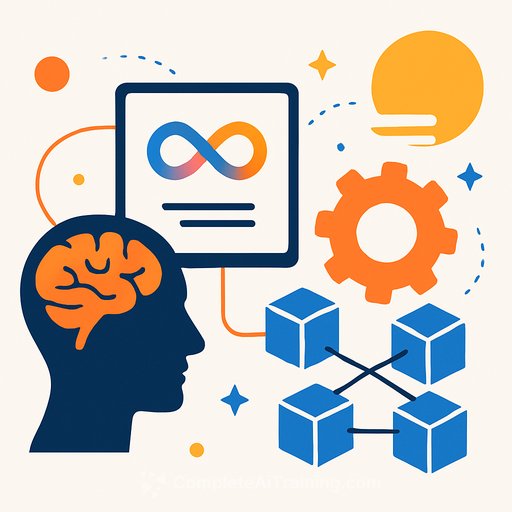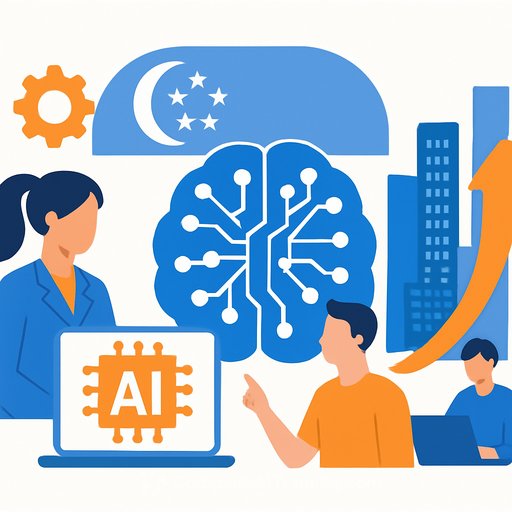How ICP Is Changing Decentralized AI Development
The Internet Computer (ICP) stands out in the AI-blockchain integration space, topping Santiment's list for development progress among decentralized AI and Big Data platforms. The project aims to provide a scalable platform for building complex web applications and online services without relying on traditional IT infrastructure.
Current Market Position and Performance
Despite its strong development momentum, ICP has recently seen a price drop of about 9%, trading around $5.05 with a market cap of $2.72 billion. This marks a 41.83% decline over the past year from its all-time high of $630 in May 2021. Still, ICP remains a notable asset, ranking 37th on Coinbase by popularity.
Technology and Network Architecture
ICP operates through canister smart contracts running on a globally distributed network of nodes connected via the Internet Computer Protocol. This decentralized design allows independent data centers worldwide to work together, offering an alternative to centralized cloud providers. The Network Nervous System (NNS) governs the network, verifying and executing instructions securely and efficiently.
Recent Developments and Roadmap
- February 2025: Introduction of a roadmap focused on improving the developer experience.
- March 2025: Launch of the orbit policy engine, giving developers enhanced control over application management.
- June 2025: ICP smart contracts gained interoperability with the Solana blockchain, broadening functional possibilities.
These updates demonstrate ICP's commitment to expanding its ecosystem and supporting more flexible, scalable AI applications.
AI Crypto Sector Trends
The decentralized AI and Big Data sector sees promising activity beyond ICP. Projects like NEAR Protocol, Filecoin, and Bittensor are gaining traction, albeit with market volatility and regulatory concerns.
- NEAR Protocol holds a market cap near $3 billion and a modest 0.34% price increase in 24 hours.
- Filecoin focuses on decentralized storage, crucial for AI data needs, with a 1.3% price rise.
- Injective Protocol shows significant growth, increasing 3.19% recently and holding over $1.2 billion in market cap.
- Other players like Livepeer, Bittensor, and iExec contribute to decentralized video streaming, machine learning, and cloud computing integration.
Why Decentralized AI Infrastructure Matters
As AI adoption accelerates, challenges like GPU shortages and centralized data markets highlight the need for decentralized alternatives. Decentralized networks provide open systems where data ownership and access are not controlled by a few entities. This approach fosters trust and fairness, making decentralized AI a critical focus for 2025 and beyond.
Challenges and Investment Considerations
Despite the promising outlook, decentralized AI crypto projects face high volatility, technical challenges, and uncertain regulations. Evaluating projects requires attention to their technology, use cases, team expertise, tokenomics, and community support. Diversifying investments and applying strategies like dollar-cost averaging can help manage risks.
For IT professionals and developers interested in AI and blockchain, exploring educational resources can offer practical insights and skills. Platforms like Complete AI Training provide courses tailored to these emerging technologies.
Conclusion
ICP leads in integrating AI with decentralized blockchain infrastructure, backed by ongoing development and strategic enhancements. As the AI crypto ecosystem evolves, projects like ICP are shaping new possibilities for decentralized applications and services. Staying informed and adopting sound investment and development practices will be key to leveraging these opportunities effectively.
Your membership also unlocks:






